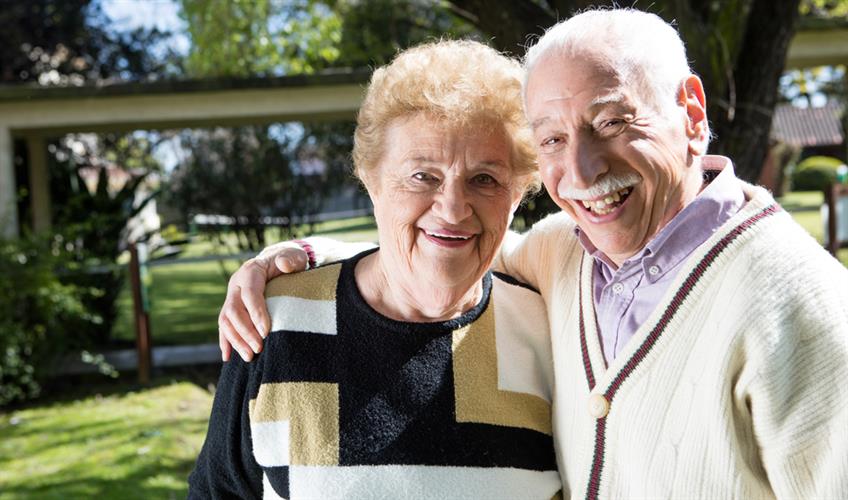Stroke and Acquired Brain Injury - Motor Speech Disorders

Speech requires the coordination of a range of muscles, including those controlling the larynx and the vocal cords, the lips, the tongue, the jaw and the respiratory system. The brain plans the movements and puts them into motion. Difficulties in this process may result in apraxia or dysarthria.
Apraxia is a disorder where messages from the brain to the mouth are interrupted, making it difficult for someone to move his or her lips or tongue to the right place to say sounds correctly. It does not mean there is muscle weakness. A common cause of apraxia is a stroke . Other causes include Traumatic Brain Injury , such as from a motor vehicle accident, Dementia , brain tumours, and progressive neurological disorders, such as ALS. Speech is often slow, laboured and halting.
Dysarthria results from the impaired movement of the muscles used for making speech sounds, including the lips, tongue, vocal folds, or diaphragm. It is caused by damage to the brain, which can happen at birth (cerebral palsy), or later in life due to injury, stroke or neurological illnesses. Symptoms of dysarthria can include slow or rapid speech, speech that is difficult to understand, and abnormal pitch, rhythm and voice quality.
Aphasia
Cognition and Memory
Related Posts
Get in Touch
Contact Us
We will get back to you as soon as possible.
Please try again later.
Our Partners
-

Slide title
Write your caption hereButton -

Slide title
Write your caption hereButton -

Slide title
Write your caption hereButton -

Slide title
Write your caption hereButton -

Slide title
Write your caption hereButton -

Slide title
Write your caption hereButton -

Slide title
Write your caption hereButton
Site Links
Creative Therapy Associates
All Rights Reserved | Creative Therapy Associates and Creative Therapy Autism Centre
Terms | Privacy | Patient Bill of Rights (PDF)

